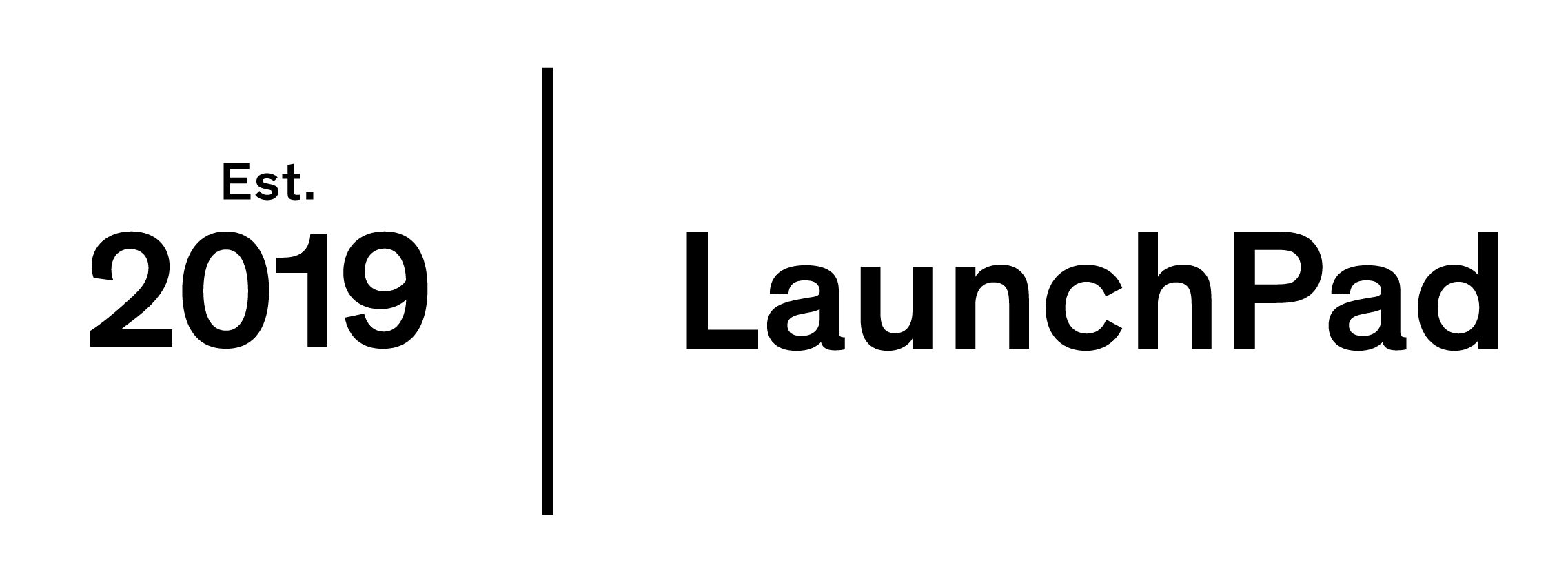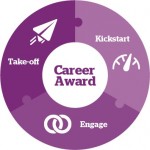You know how when you read a newspaper article there is usually a lead paragraph at the beginning that summarises what the rest of the article will talk about in greater detail?
Well, that’s what your personal profile is for on your CV.
They go by many names. Personal profile. Profile. Career Objective. Personal Objective. About Me. Whatever you call yours, it’s important to make sure you’re making the most of it. Our Senior Careers Adviser, Mary, likes to think of a profile as the contents page for the rest of your CV, and like any good contents page it should give the reader an idea of the kind of information they’re likely to find in the finished document.
Here in Careers & Student Opportunities we often use templates to help students write professional CVs. Here’s what we say about profiles on those:
This section should give the highlights of your CV: a summary of the key things you want an employer to know, and serves to tell the employer why they should read the rest of your CV. For a part-time job, you will probably concentrate on work experience in a similar area, or skills like customer service, communication and team-work. For professional or graduate-level jobs, highlight the skills and experience mentioned in the job description.
You can also think about it as the answer to three very specific questions:
- Who are you?
- What are you looking for?
- Why should the recruiter read your CV?
You can use bullet points, like this:
- Currently studying English at York St John University
- 6 months work experience in retail and customer service
- Spanish speaker: CEFR B2 level
- Seeking a part time fashion retail position
Or write two to three short sentences, like this:
I am currently studying English at York St John University, and have six months experience in retail and customer service. I also speak Spanish to CEFR level B2 and am currently seeking a part time position in fashion retail to fit around my studies.
AVOID: ‘I am a dynamic, motivated individual with excellent communication skills, who is reliable and conscientious.’
Anyone can write those things about themselves, but where is your proof? It’s usually a better idea to talk about your skills in the main body of your CV, where you have space to use examples as evidence for your claims.
Top Tip: Once you’re used to writing about yourself in succinct bursts like this, you can use the same techniques as opening paragraphs for personal statements, on your LinkedIn profile, or even mini-elevator pitches of yourself at networking events.
So don’t let the idea of writing a Personal Profile be daunting – just follow this simple advice and get practicing!
Oh – and remember – you can e-mail a draft of your CV to careers@yorksj.ac.uk for written feedback, or come along to a CV workshop for more information. You can find the next CV workshop date on our Events Page.






